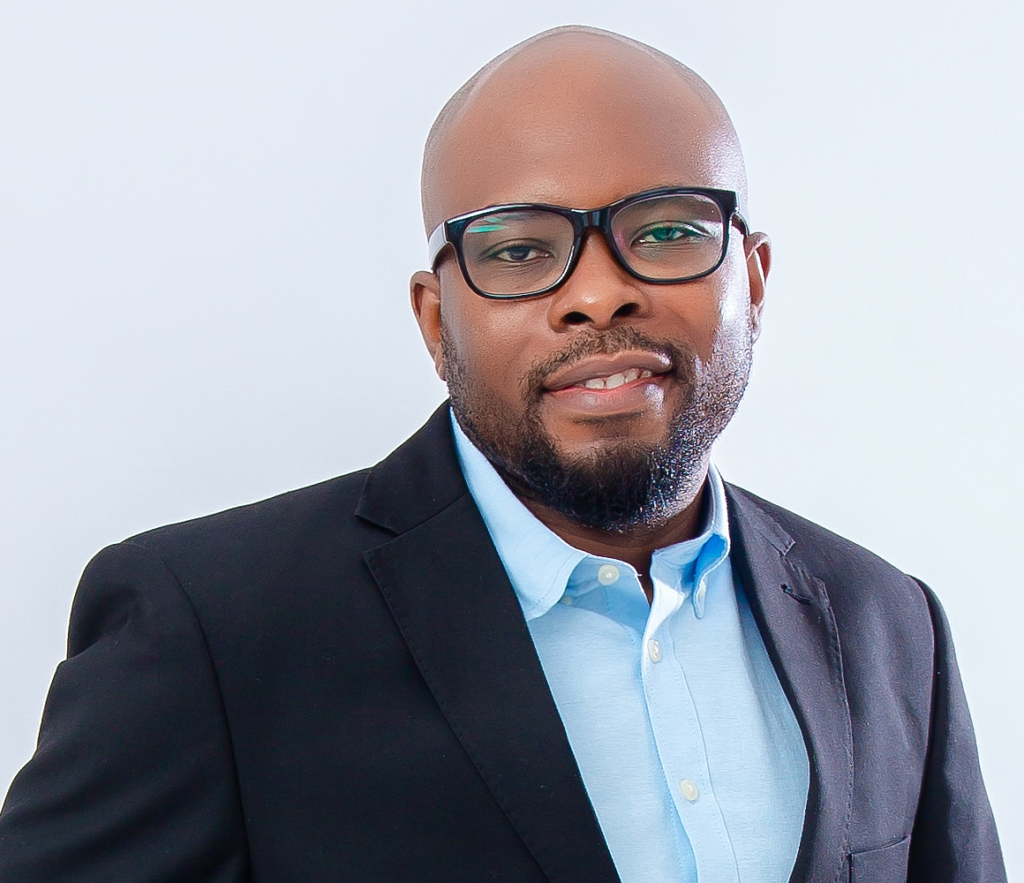Dr. Cyril Dziedzorm Boateng, a lecturer at the Department of Physics, Kwame Nkrumah University of Science and Technology (KNUST),Kumasi has been named among the ninth cohort of Iso Lomso Fellows by the Stellenbosch Institute for Advanced Study (STIAS), South Africa.
Dr. Boateng was selected from over 140 applicants in STIAS’s February 2025 Call for Applications.
He joins a distinguished group of early-career African researchers chosen for their exceptional promise and impactful research agendas.
The prestigious three-year fellowship, which runs from 2026 to 2028, supports research excellence across disciplines with a focus on African scholarship and societal relevance.
Fellows benefit from research residencies at STIAS, project funding, and opportunities to build international collaborations.
His winning project, titled “Geophysical Fingerprinting of African Archaeological Sites: Developing a Multi-Method Framework for Characterizing Historical Clay and Mud Structures,” seeks to advance non-invasive geophysical techniques for studying and preserving Africa’s archaeological heritage.
The research explores the intersection of geophysics, cultural preservation, and African history, offering new ways of understanding historical clay and mud structures without physical disruption.
Dr. Boateng is a geophysicist with research interests spanning both near-surface problems and hydrocarbon exploration.
His areas of expertise include petroleum exploration, groundwater exploration, arche geophysics, coastal geophysics, environmental geophysics, and the application of artificial intelligence in geophysical data interpretation.
Dr. Boateng is a member of several professional associations, including the Ghana Science Association (since 2021), the Ghana Institution of Geoscientists (since 2018), and the Society of Exploration Geophysicists (since 2010).
The Iso Lomso programme meaning “the eye of tomorrow” in isiXhosa, is designed to empower mid-career African scholars to contribute meaningfully to global knowledge production from within the continent.
The 2026–2028 cohort includes fellows from institutions in Nigeria, Cameroon, Zambia, and South Africa, whose work spans a wide range of fields including environmental science, public law, literature, sociology, biotechnology, and geoengineering.


















